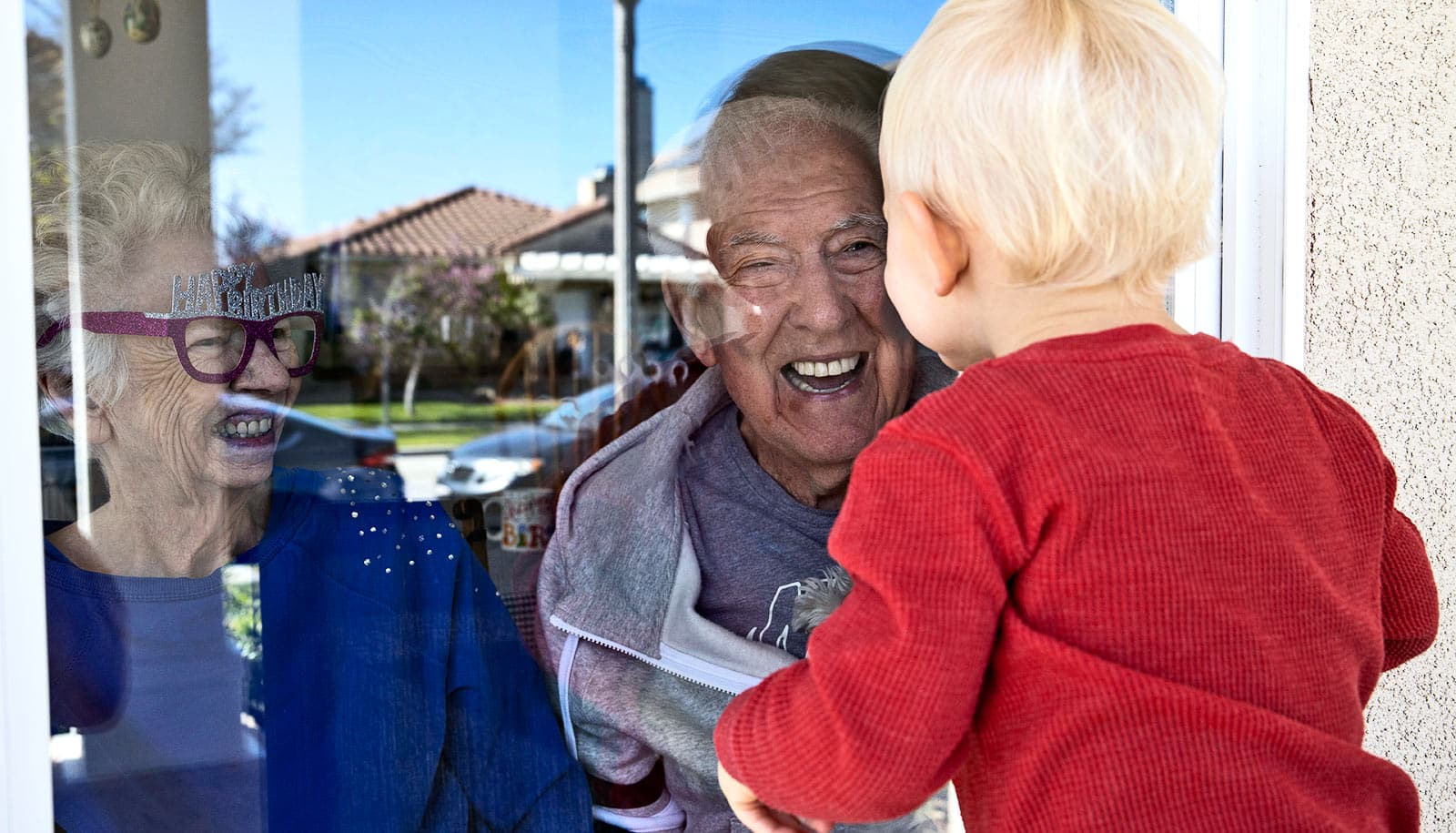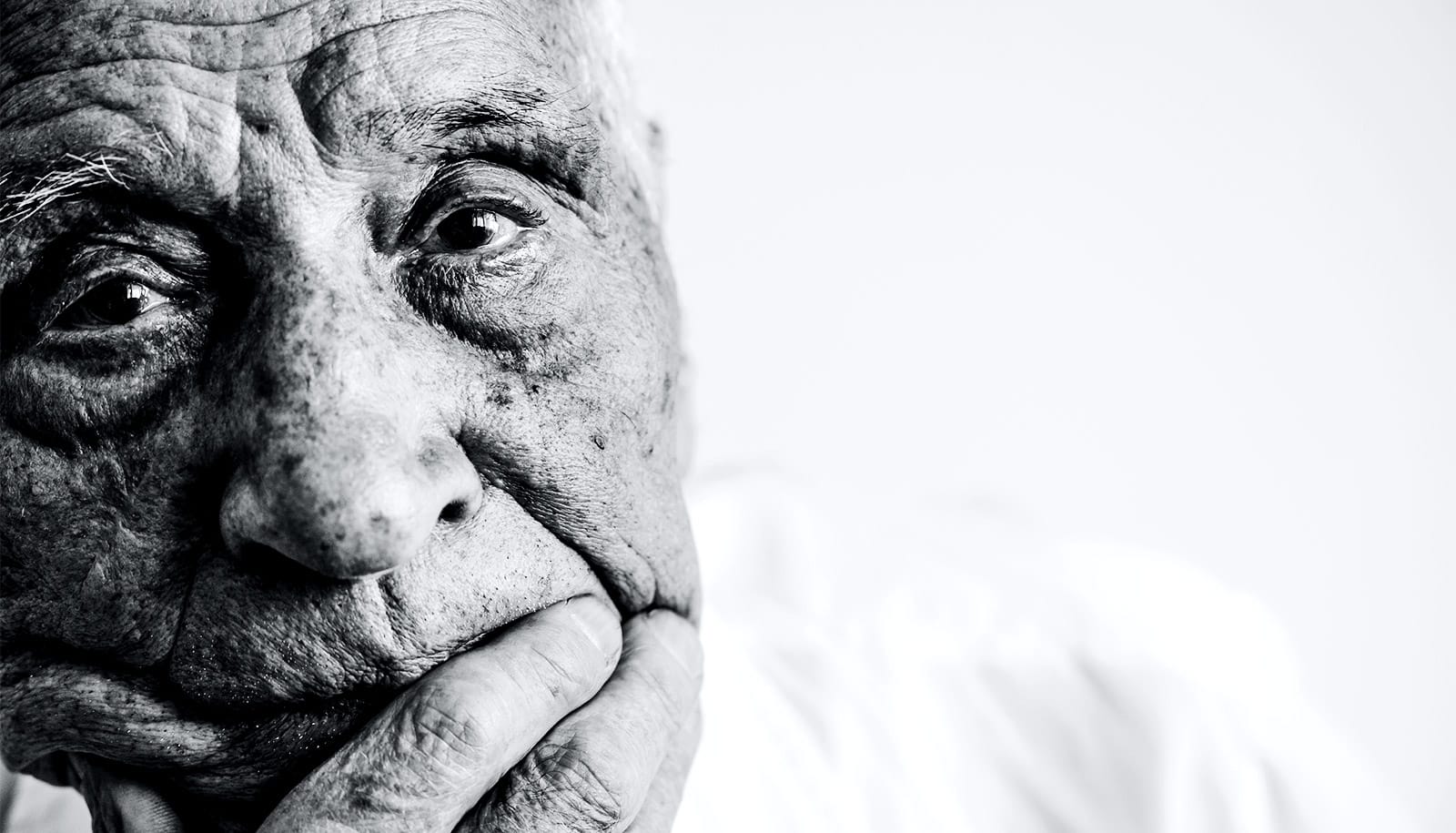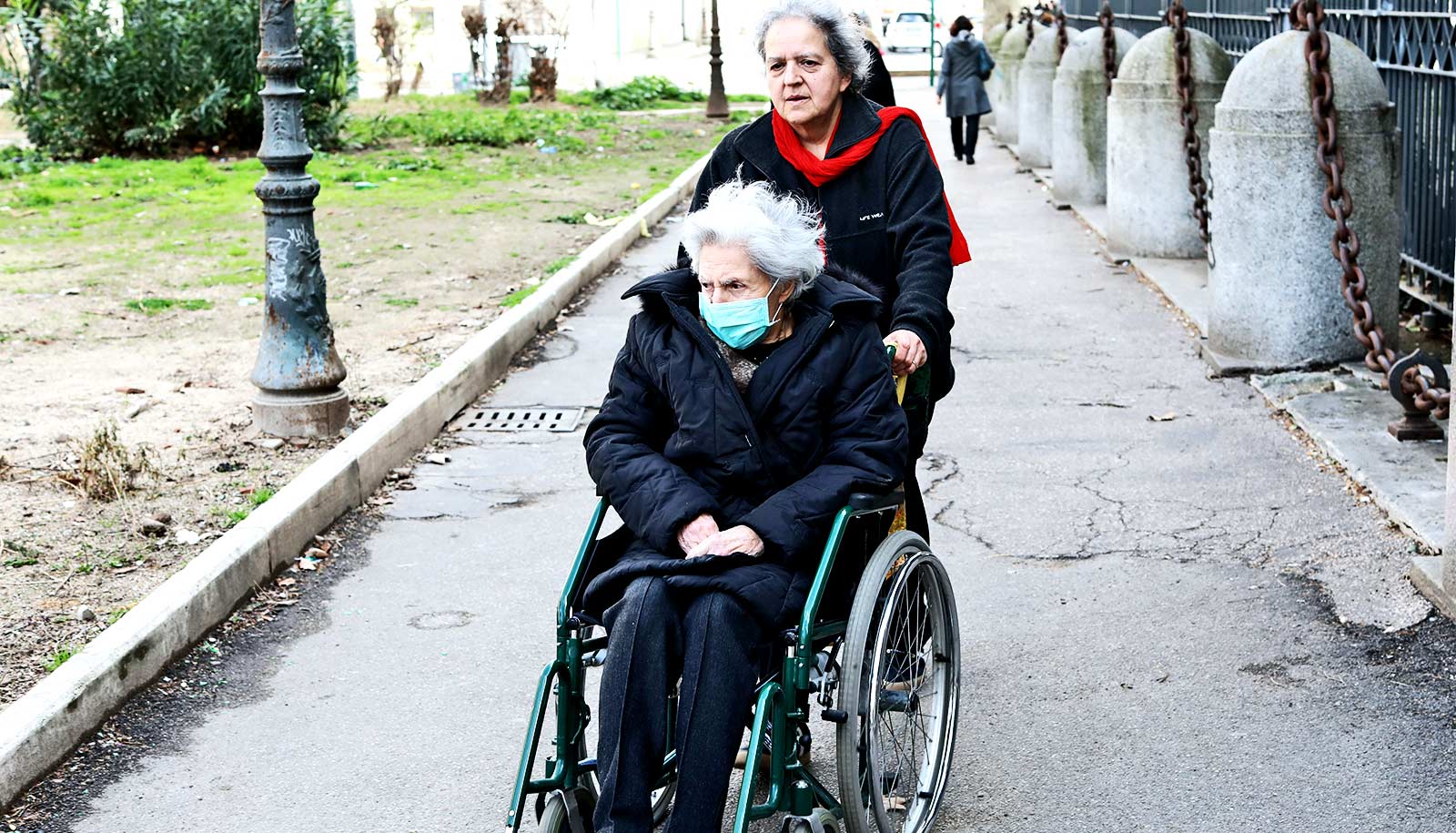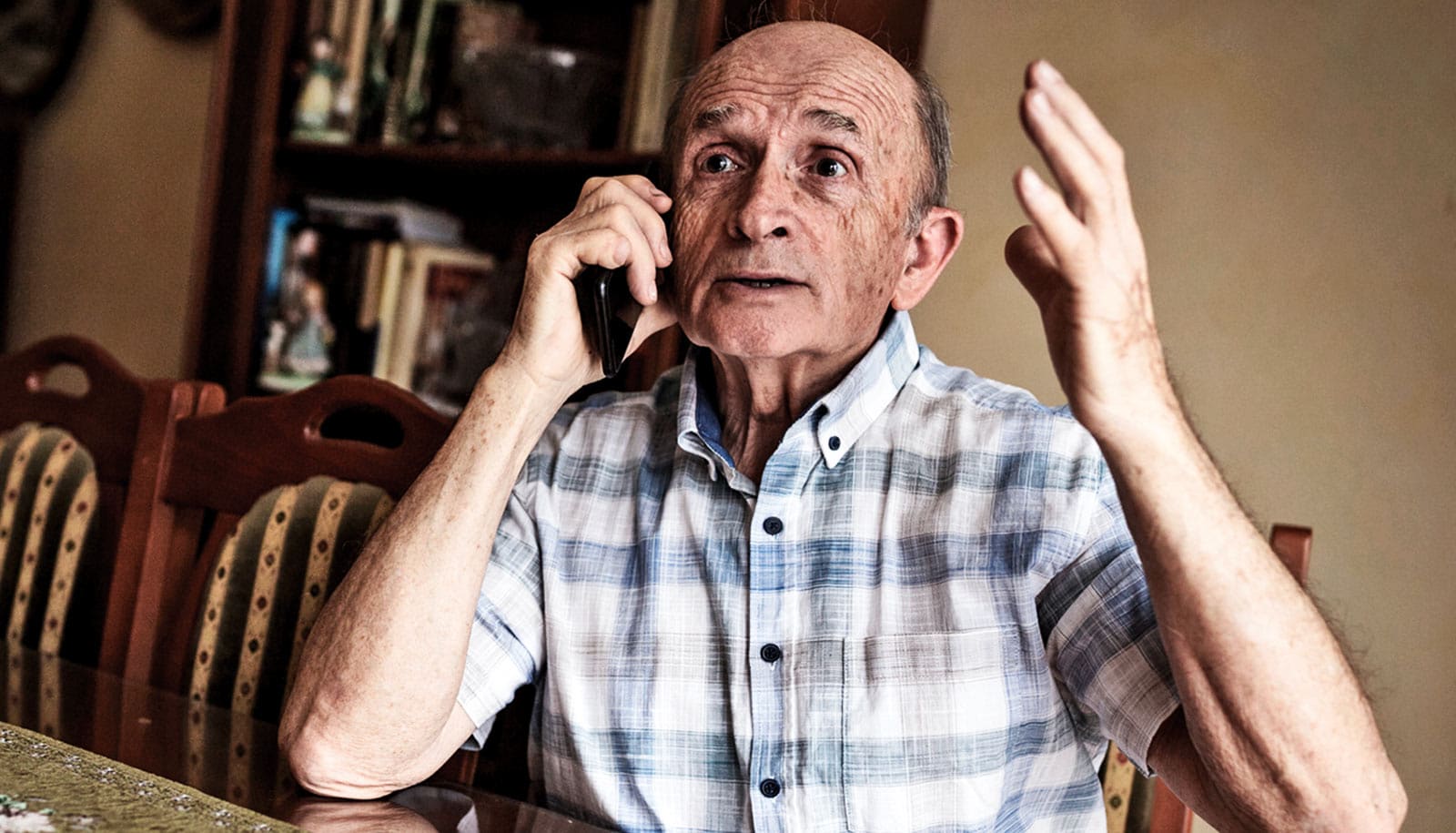The COVID-19 pandemic could be the “perfect storm” for reinforcing stereotypes about older people, Jake Harwood argues.
“Some of the discourse around COVID has, I think, suggested not that older people are less valuable, perhaps, but that it’s more acceptable for an older person to die…”
Many people are keeping a close eye on their parents and grandparents amid the COVID-19 pandemic, as adults age 65 and older have been shown to be particularly vulnerable to the virus.
But how people approach caring for and communicating with the older adults in their life is important, says Harwood, a professor of communication at the University of Arizona who studies problems that arise when members of different age groups communicate with one another.
Here, he offers tips for family members and caretakers for communicating respectfully.
Older adults and the COVID-19 pandemic
The virus has highlighted the often-false notion that older people are frail and need to be protected, which can lead their younger caretakers or family members to take a patronizing or paternalistic approach, says Harwood.
He points to a recurring anecdote he’s heard from some middle-aged people: that their older parents are not taking seriously health experts’ recommendations to stay home. This can lead to the notion that middle-aged adults know what’s best for older adults and children alike, Harwood says.
“That relates to some common stereotypes of old age being like a second childhood,” he says. “Often, those stereotypes are not very helpful because older people’s needs and abilities are very different from kids’, obviously.”
Harwood says caretakers and adult children looking after older people should be keenly aware of how they’re speaking to older adults to avoid using patronizing language. He offers the following advice:
- Ask questions and suggest alternatives. If an older person is about to put their health at risk by going to the grocery store, for example, asking “did you know you can have it delivered?” could be a better alternative to simply telling them they shouldn’t go.
- Appeal to relationships. When communicating with older adults who seem dismissive or nonchalant about the consequences of getting COVID-19—those who adopt an “I’ve had a good run” mentality—try reminding them that ignoring physical distancing recommendations could lead to getting their loved ones sick.
- Consider and be understanding toward individual living situations. It may be much more difficult for an older person who lives alone to adhere strictly to physical distancing recommendations than it would for someone who lives with a spouse. If loneliness is driving risky behavior, family members can look for ways to increase their social interaction—from a safe distance—with older family members.
- Don’t write off technology as a suitable alternative to in-person get-togethers. The notion that older people aren’t good at using technology is another pervasive and unhelpful stereotype, Harwood says.
Harwood also stresses that younger and middle-aged people should recognize how “ridiculously diverse” older people are. COVID-19 helps illustrate that, he says.
“If you’re a healthy 66-year-old who doesn’t have any other chronic health conditions, you’re in a very different position with regard to coronavirus than if you’re an 82-year-old with an underlying chronic respiratory complaint,” Harwood says. “Thinking that we should be communicating to those two people in the same way or that they have a similar vulnerability to this disease would be inaccurate.”
Change is possible
Though the virus has highlighted some of the negative stereotypes people hold about older adults, Harwood says the focus on that population could still lead to positive changes, particularly to how older people are cared for as the virus rips through nursing homes, and how their relationship with technology is viewed by society.
One change Harwood says he hopes for is removing “the elderly” from the public lexicon—a phrase he says is homogenizing and dehumanizing. “Older adults” and “older people” are better options, Harwood says, adding that some groups are even reclaiming “old people” to free it of its negative connotations.
The pandemic also highlights the significant roles that older people play in society, Harwood says. For example, he points out that many older adults are also caregivers, and if they get sick or die, those responsibilities must fall to others.
“Some of the discourse around COVID has, I think, suggested not that older people are less valuable, perhaps, but that it’s more acceptable for an older person to die from this disease than a younger person,” Harwood says.
“That loses touch with the idea that older people really do contribute to society and that they are just as valuable members of society.”
The best person to prove that point, Harwood says, could be Dr. Anthony S. Fauci, the director of the National Institute of Allergy and Infectious Diseases and the nation’s leading infectious disease expert. Fauci is 79 years old.
“When older people die,” Harwood says, “we’re losing people like him.”
Source: University of Arizona



